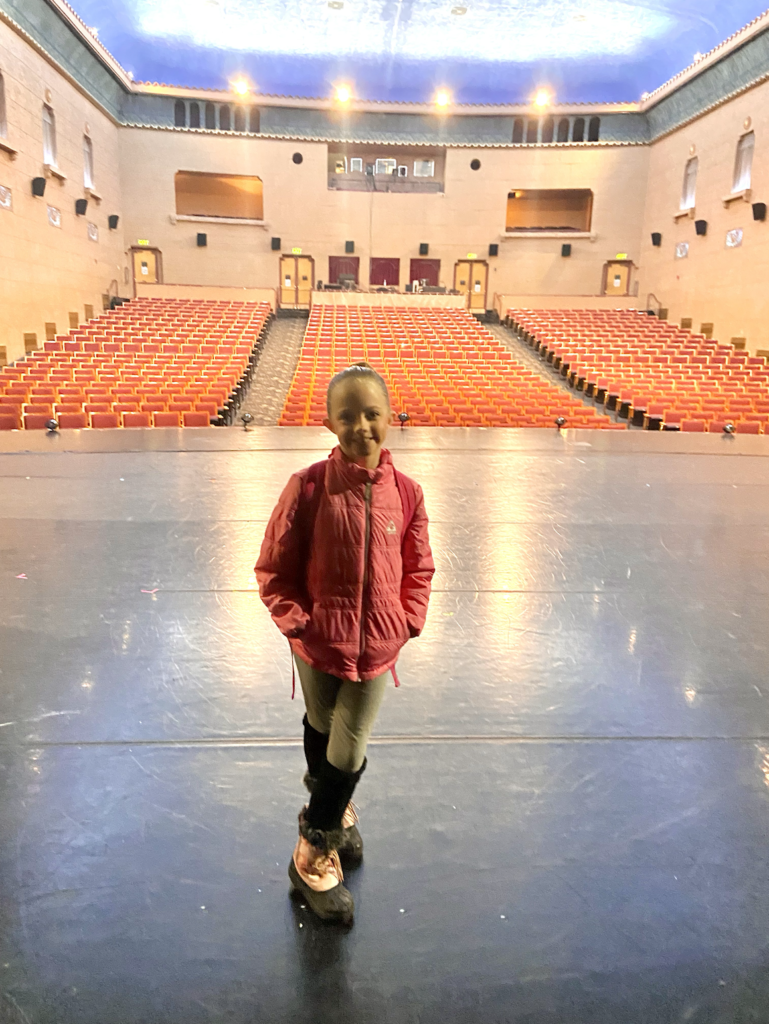
You only have to practice on the days that you eat.
…my former piano teacher had a sign with this saying taped to her studio door, a nice little reminder of what was expected of her students. As funny (or depressing) as this statement may be, it’s the truth! To become a good, proficient pianist, you’ve got to practice! And consistently.
Motivating our students to practice (and teaching them how to practice correctly and efficiently) is probably one of the most important things we do as music teachers. It can also be pretty frustrating at times.
In my mind, there are three basic types of students:
First, the student that we all wish and hope for: the one who always practices, and always comes to lessons prepared. These students are pretty self-motivated, and love music enough to make it a priority without needing extra motivation (or nagging) from a parent or teacher. Lucky you, you teachers who have these students!
Second, the student who usually enjoys piano lessons and makes an effort to practice, but isn’t the most consistent and may need some extra motivation at times. This type of student is pretty common.
And third, the kid who never practices. They are late to lessons, they never improve, they never pass off pieces. Teaching them gets more and more frustrating by the week.
 How can we help all our students become like the first type? How can we motivate our students to really practice, to come to love music and to become good pianists?
How can we help all our students become like the first type? How can we motivate our students to really practice, to come to love music and to become good pianists?
There are so many answers to this question. There are so many ideas and incentives and rewards, so many ways to be successful at this. I hope that this week we can explore some of these ideas and help each other find ways to motivate our students better.
I believe that no matter what methods we use to motivate our students to practice, we should first consider the individual strengths, weaknesses and needs of each student. What motivates one will not motivate another. Sometimes the best way to motivate a student is to find that one piece that they just love and can’t get enough of; or to help build their confidence through successfully learning a difficult piece; or to discover a way to finally help a student understand a difficult concept (and isn’t it wonderful to see that light bulb go on in their head when they finally “get” something?)
If our students are not good practicers, they will not be good pianists. Our job as teachers is to find out how to best motivate each student until they reach the point where they are self-motivated by the love of the music and the joy they feel when they play it.

 Previous Post
Previous Post Next Post
Next Post

















